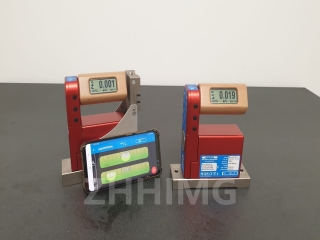Granite is a popular choice for constructing linear motor platforms due to its durability and stability. The weight and density of granite play a crucial role in determining the stability of the linear motor platform.
Granite is a type of igneous rock that is known for its high density and strength. Its density is around 2.65 g/cm³, making it one of the densest types of natural stone. This high density gives granite its characteristic weight, which is an important factor in the stability of a linear motor platform. The weight of the granite slab provides a solid and stable foundation for the linear motor, ensuring that it remains steady during operation.
The density of granite also contributes to its stability. The dense nature of granite means that it is less likely to shift or move when subjected to external forces, such as vibrations or changes in temperature. This is particularly important for linear motor platforms, as any movement or instability could affect the precision and accuracy of the motor's performance.
In addition to its weight and density, the composition of granite also plays a role in its stability. The interlocking crystal structure of granite gives it exceptional strength and resistance to wear and tear. This means that a granite linear motor platform is less likely to experience deformation or damage over time, further enhancing its stability and longevity.
Overall, the weight and density of granite are key factors in ensuring the stability of a linear motor platform. By providing a solid and immovable foundation, granite allows the linear motor to operate with precision and reliability. Its density and strength also contribute to the overall stability and durability of the platform, making it a popular choice for applications where stability and performance are paramount.
Post time: Jul-05-2024

